

deep insights, facts & figures

Although the Russian market is experiencing double-digit growth again in the wake of the financial crisis, the battle for market share is becoming more bitter, as could be observed at the recent congress
The Business Summit DIY & Household Retail held in Moscow at the beginning of June concentrated the challenges and conflicts within the DIY retail sector in Russia like a burning mirror. Two topics above all were discussed, at times with great personal commitment, by some 500 representatives of the industry both local and international. Topics that surfaced again and again in the discussion forums and speeches: the dominant position of the international DIY retailers in the Russian market and the relationship between commerce and industry, especially in the question of the role and significance of brands. Not by chance did a group of Russian DIY retailers turn the congress into a forum for the scheme that they announced at a press conference immediately prior to the opening of the event: the ten Russian DIY chains, which have 87 DIY stores between them and mainly operate on a regional basis, have combined to form an association under the name of Soyuz DIY. The most prominent member is Trest SKM with its Superstroi, Stroi Arnsenal and Bravy Brigardier sales channels. Rinat Mukhametvaleev, managing director of Trest, is seen as the association’s driving force. He has taken on the chairmanship of the executive council. The background to this strategic alliance is the dissatisfaction of Russian DIY retailers with the supremacy of foreign home improvement companies. The main objective of the alliance is to do their buying jointly, with the goal of achieving a reduction in store prices of between five and ten per cent. Moreover the members intend to cooperate in matters of retail technology and logistics. The rift between the international chains and the local companies was made explicit by a scene played out during the congress when, at a second press conference immediately following the Soyuz announcement, Ian Strickland, the British head of Obi in Russia, was due to speak. He had scarcely taken his seat on the platform when he left the hall again without a word – and was not seen again during the entire conference, despite being billed as a speaker in the opening round of discussions. Indeed, the predominance of the international chains cannot be denied. Leroy Merlin, the marketing channel of the French Groupe Adeo, heads the ranking by sales with a turnover of approximately RUB 50.1 bn and like-for-like growth of around 20 per cent. Obi, a German chain, follows in second place. With an adjusted growth rate of 15 per cent Castorama, the French subsidiary…
Related articles
Read also

 Menü
Menü



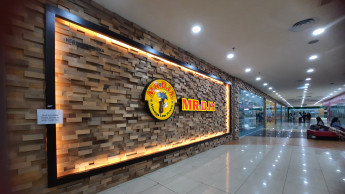
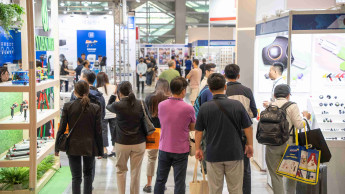
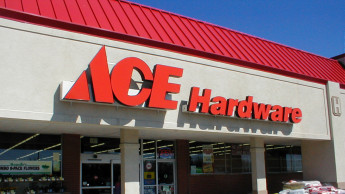




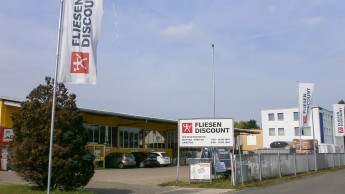
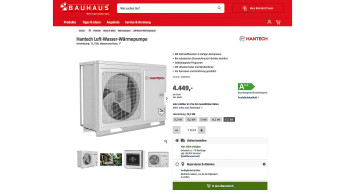
 Newsletter
Newsletter